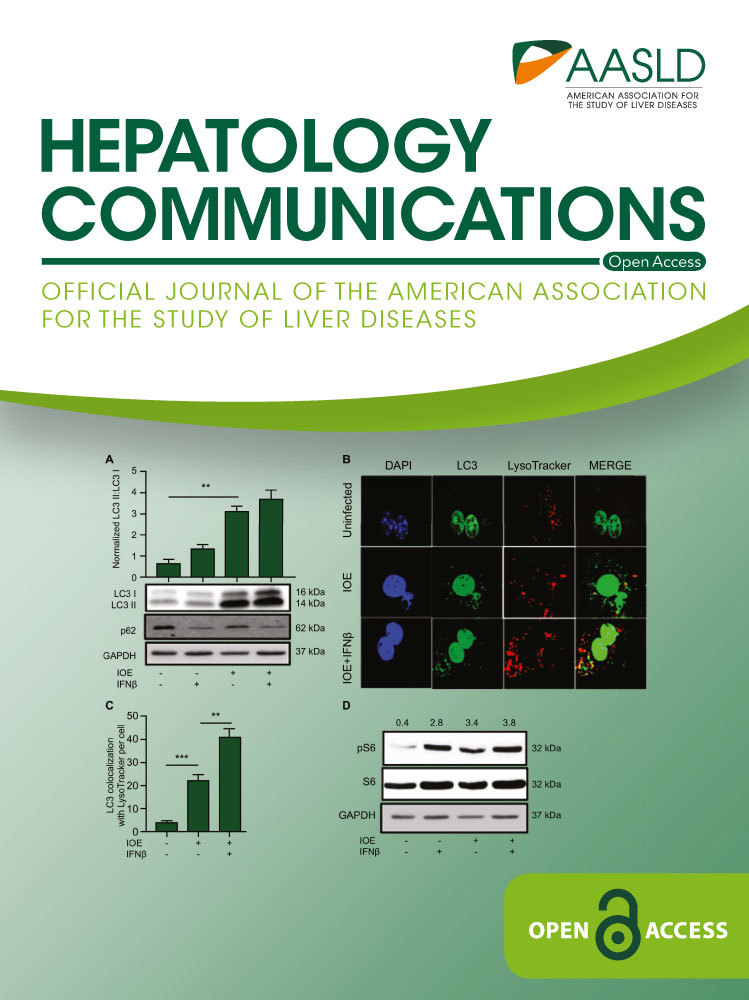Letter to the Editor: Recommendations for Implementing Hepatitis C Virus Care in Homeless Shelters: The Stakeholder Perspective
Potential conflict of interest: Dr. Doyle is on the speakers’ bureau for and has received grants from AbbVie, Gilead, and MSD; he has received grants from BMS. Dr. Hellard has received grants from AbbVie, Gilead, MSD/Merck, and BMS. Dr. Pedrana consults for and has received grants from Gilead; she has received grants from MSD and AbbVie.
To The Editor:
Fokuo et al.(1) recently reported on barriers and facilitators to hepatitis C care in homeless shelters identified from focus group discussions with shelter staff and service providers. Not surprisingly for their U.S. context, the authors identified a lack of insurance coverage, high out-of-pocket expenses, and exclusions for current drug and/or alcohol use as the most important barriers.
In theory, these policy barriers should not exist in Australia. Hepatitis C treatment is funded through the Pharmaceutical Benefits Scheme, part of Australia’s universal health care system. Out-of-pocket expenses for prescriptions are AU $41 (approximately US $28) for all Australian residents and lower for people with a low-income concession (AU $7, approximately US $5). In addition, there are no restrictions on treatment based on current alcohol or other drug use.
Despite this favorable policy setting, our work and that of others in Australia have identified suboptimal levels of hepatitis C treatment among people attending homeless services.(2, 3) Fokuo and colleagues remind us that people who are homeless often have competing needs to their hepatitis C treatment. Therefore, models of care need to be tailored to the specific needs of people experiencing homelessness; simply replicating what works in primary care, including alcohol and other drug services and opioid agonist therapy programs, may not be enough to engage all people experiencing homelessness in treatment.
Implementing and evaluating these models of care in homeless shelters and related services is complex due to many factors at both an individual and system level. As such, the adoption and acceptance of realist evaluation(4) in order to understand what works, how, for whom, and in what context will be critical if delivering hepatitis C care to people who are homeless is to be successfully implemented. Furthermore, efforts are required to include people with a lived experience of homelessness as research partners rather than only participants.
The recent government-funded housing of thousands of people in Melbourne, and other cities globally, in response to severe acute respiratory syndrome coronavirus 2 has seen unprecedented engagement with people experiencing homelessness. This needs to be ongoing, and innovative programs to engage those not housed are urgently required to improve hepatitis C care and health care more broadly.




